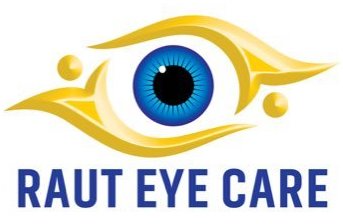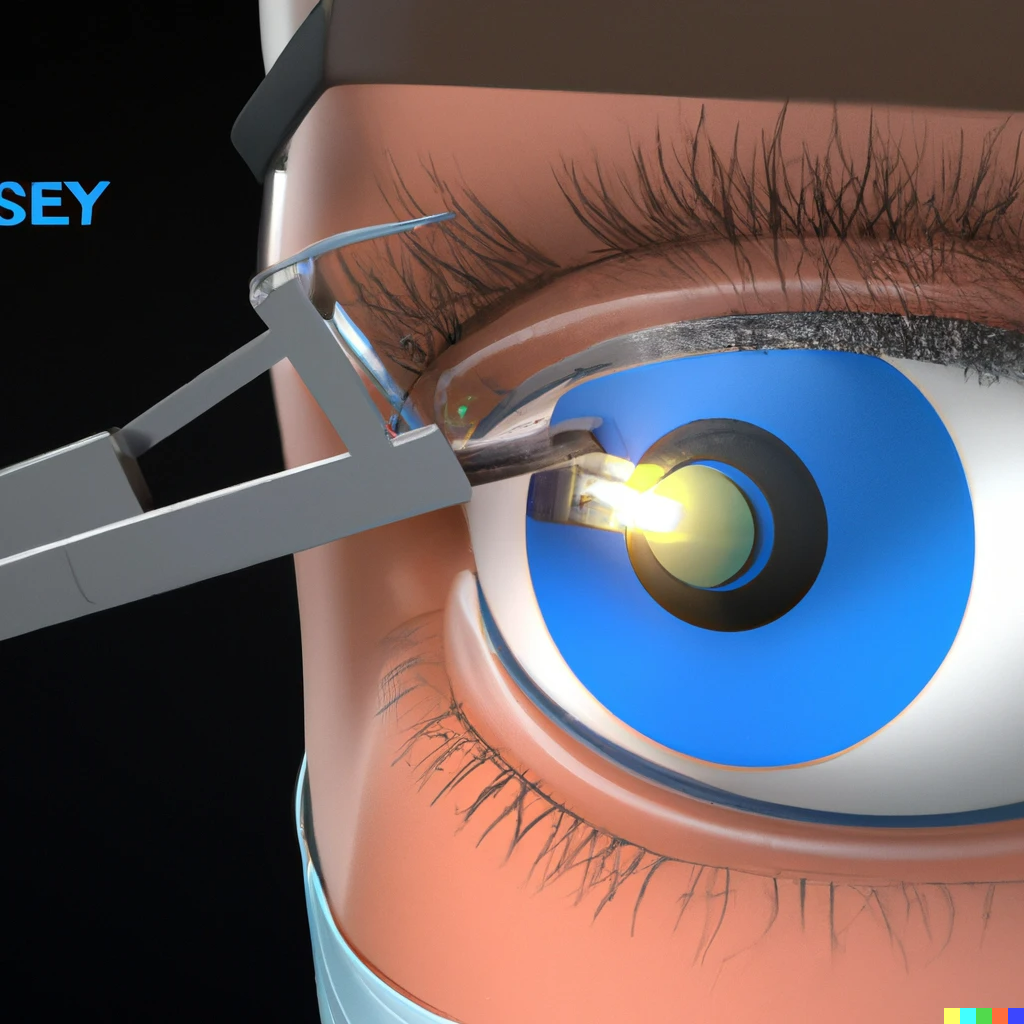| What does LASIK mean? |
| Links for accessing this page |


At its core, LASIK is a refractive surgery technique that reshapes the cornea, the transparent front part of the eye, to correct refractive errors. These errors occur when the shape of the cornea or the length of the eyeball causes light to focus improperly on the retina, resulting in blurry vision. By precisely reshaping the cornea using an excimer laser, LASIK allows light to properly focus on the retina, thus improving vision.
The process of LASIK begins with a comprehensive eye examination by a qualified ophthalmologist or optometrist. This examination determines the eligibility of the patient for the procedure and helps the surgeon develop a personalized treatment plan. Factors such as corneal thickness, refractive errors, and overall eye health are taken into account during this evaluation.
Once a patient is deemed suitable for LASIK, the surgery is typically performed in an outpatient setting and takes only a few minutes per eye. Local anesthesia is administered to numb the eye, ensuring a painless experience for the patient. The surgeon then creates a thin flap in the cornea, either using a microkeratome (a mechanical blade) or a femtosecond laser. This flap is carefully lifted, exposing the underlying corneal tissue.
Using an excimer laser, the surgeon reshapes the cornea by removing microscopic amounts of tissue. The excimer laser employs a cool ultraviolet beam of light that precisely sculpts the cornea, guided by a detailed map of the patient's eye measurements. This step is crucial as it corrects the specific refractive error unique to each individual.
Once the cornea is reshaped, the surgeon repositions the corneal flap, which adheres naturally without the need for sutures. The cornea begins to heal immediately, and the flap serves as a natural bandage, minimizing discomfort and aiding in the rapid recovery of the patient. Typically, the eyes are shielded with protective goggles to prevent accidental rubbing or irritation during the initial healing phase.
One of the remarkable aspects of LASIK is the speed at which vision improvement occurs. Most patients experience improved vision within 24 to 48 hours after the procedure. However, complete stabilization of vision may take a few weeks. It is important to follow the post-operative care instructions provided by the surgeon, which may include using prescribed eye drops, avoiding strenuous activities, and attending follow-up appointments to monitor progress.
The meaning of LASIK extends far beyond its technical aspects. For those who have lived with the inconvenience of glasses or contact lenses, LASIK offers newfound freedom and convenience. Activities like swimming, exercising, or even waking up in the morning become easier without the dependence on corrective eyewear. The psychological impact of improved vision should not be overlooked either, as LASIK can boost self-confidence and enhance overall quality of life.
It is crucial to note that while LASIK is a safe and effective procedure for the majority of individuals, not everyone may be a suitable candidate. Factors such as severe dry eye, thin corneas, and certain eye diseases may disqualify someone from undergoing LASIK. A thorough consultation with a qualified eye care professional is essential to determine individual eligibility.
In conclusion, LASIK surgery in pune has transformed the lives of countless individuals in pune by correcting refractive errors
CONTOURA LASIK SURGERY IN PUNE
